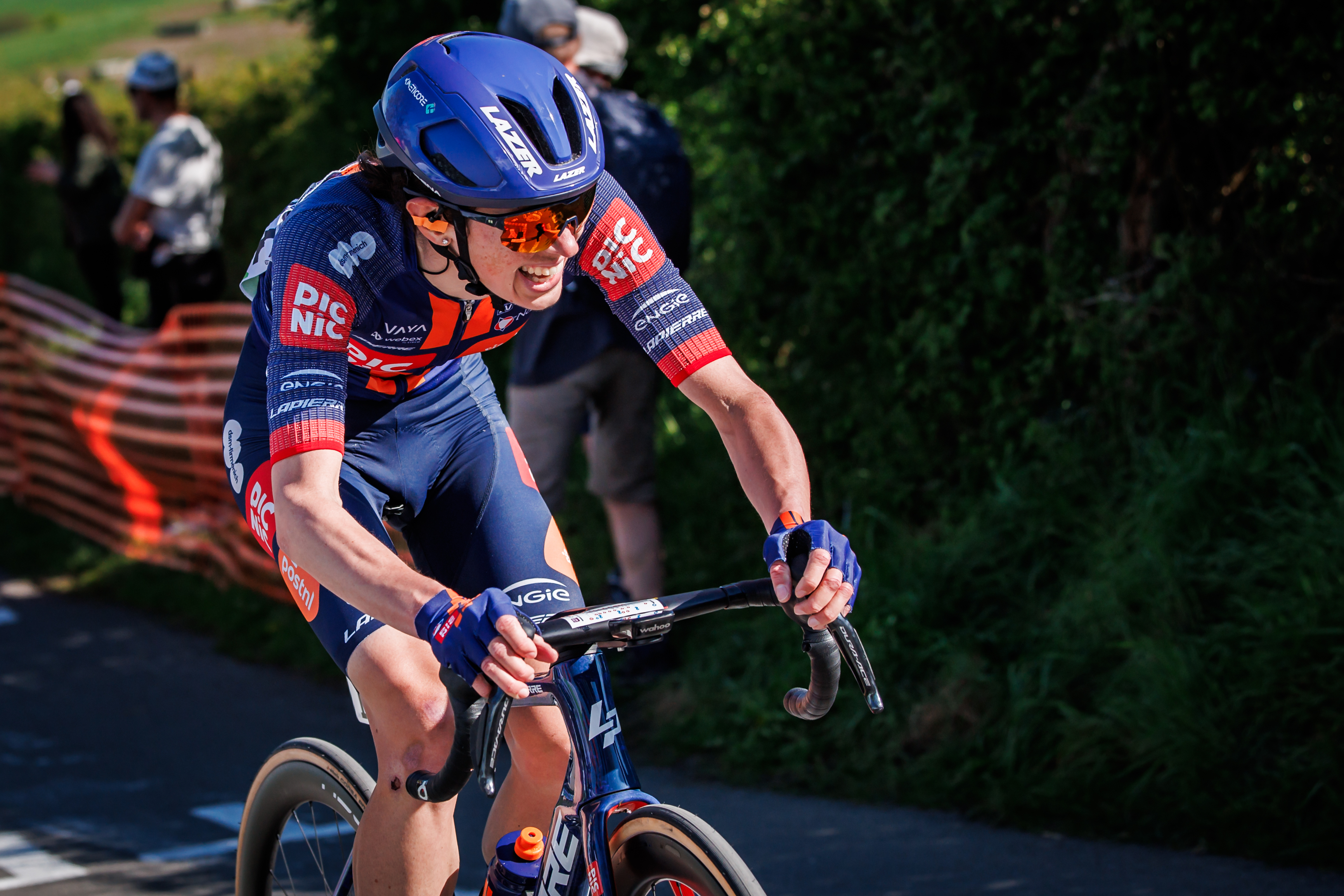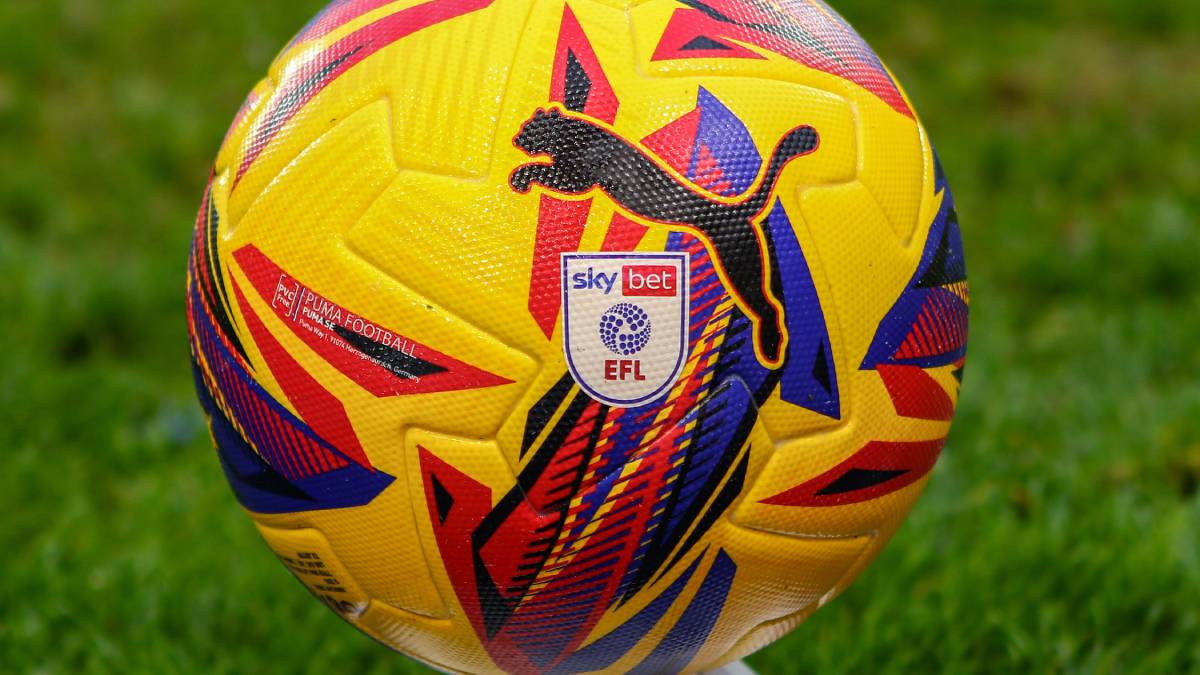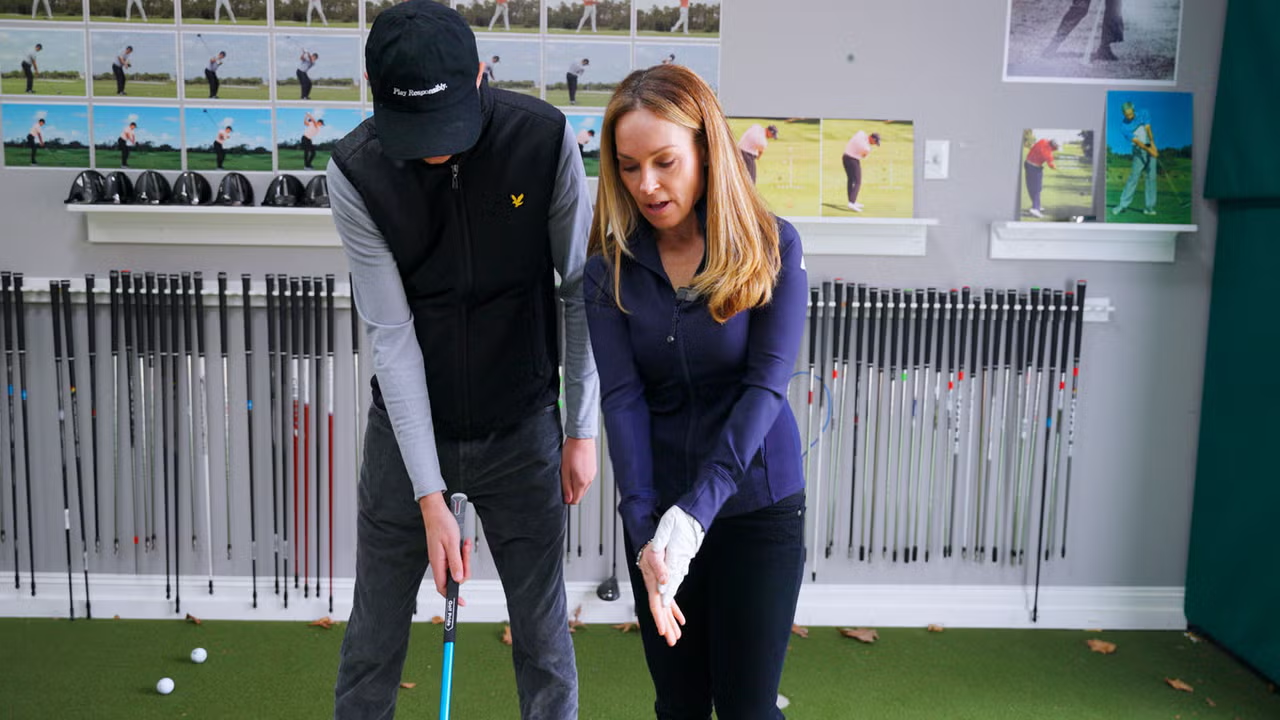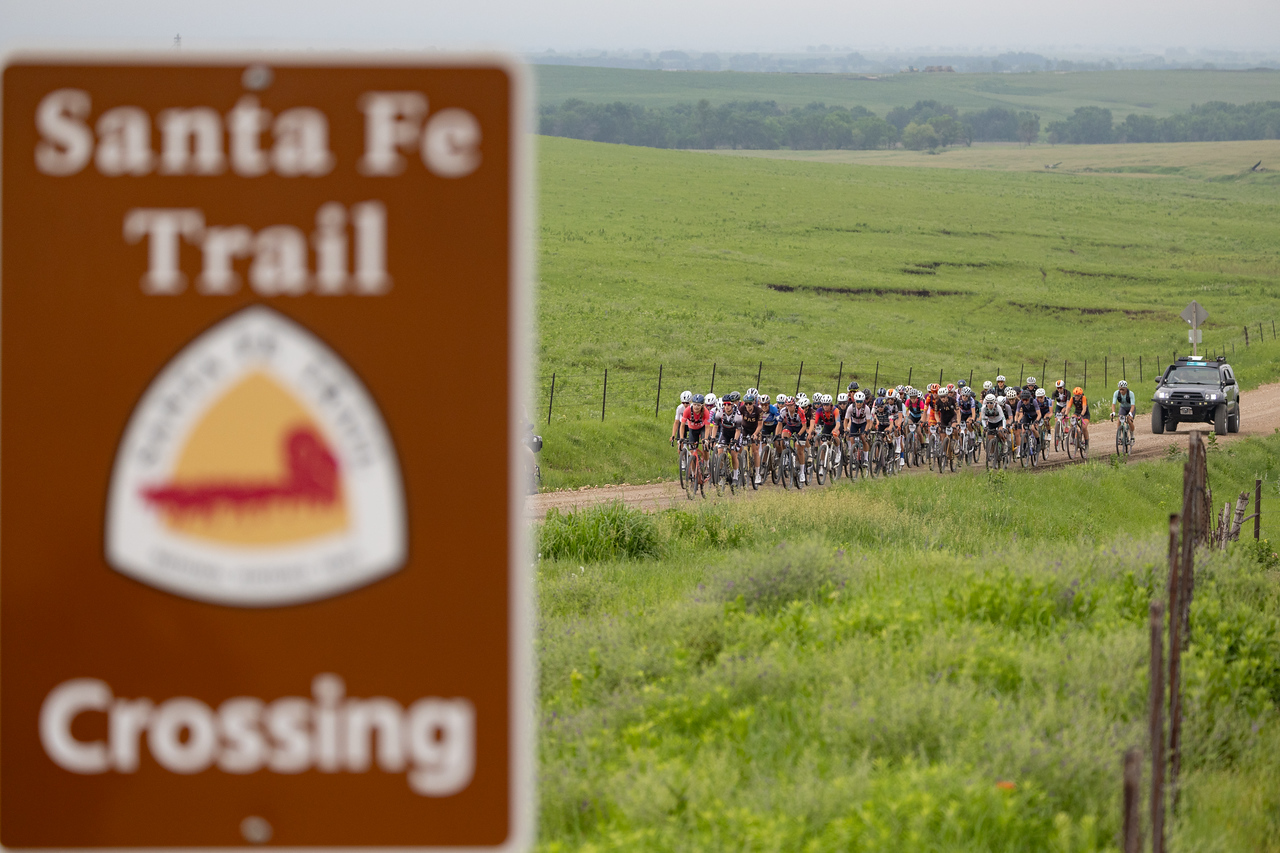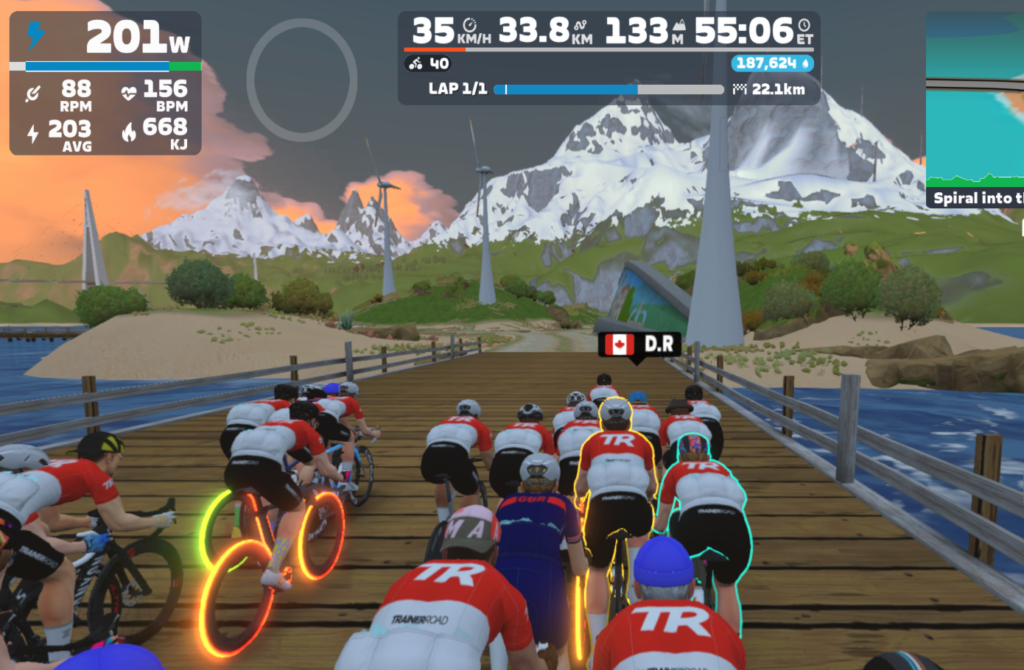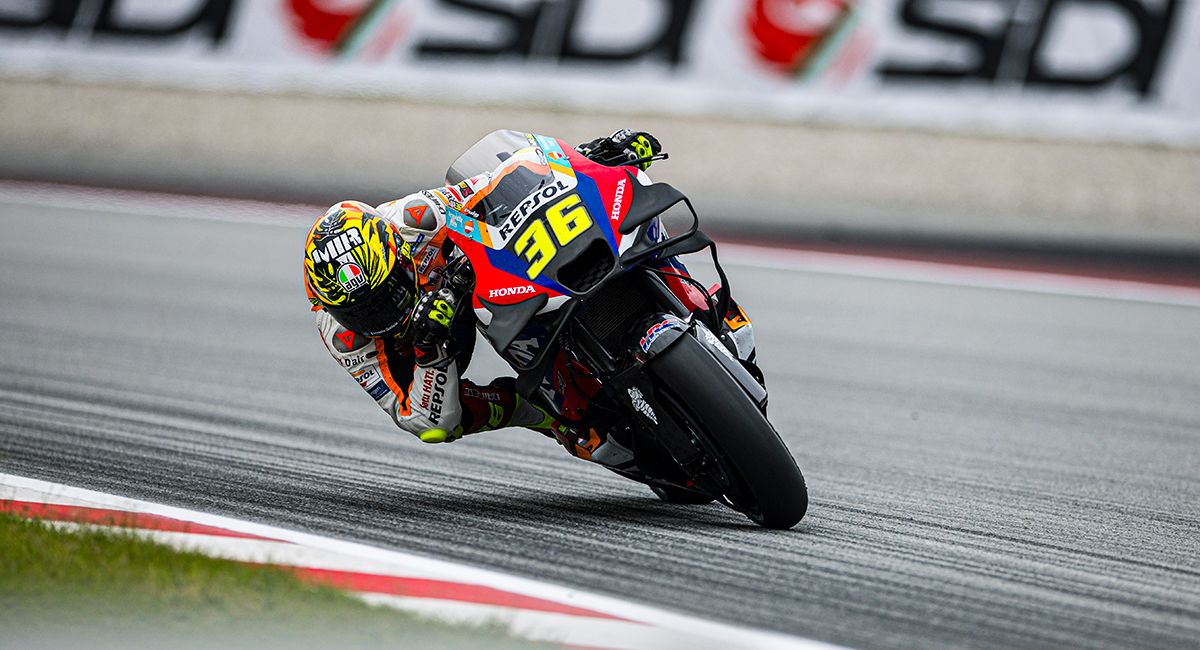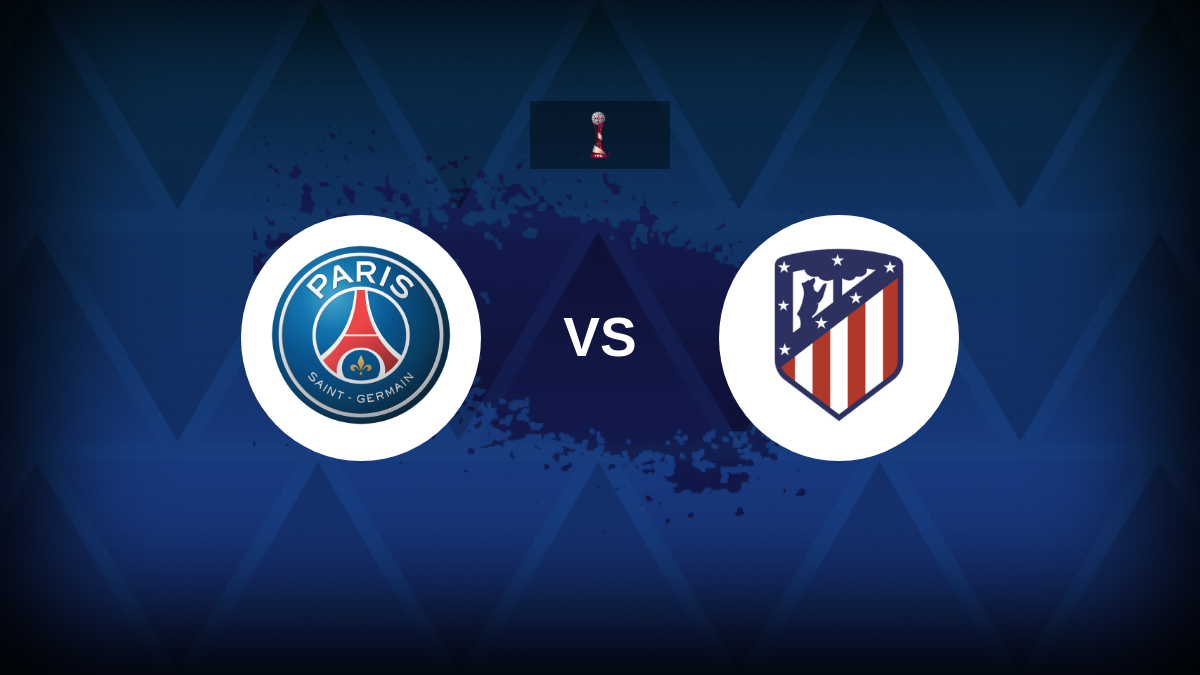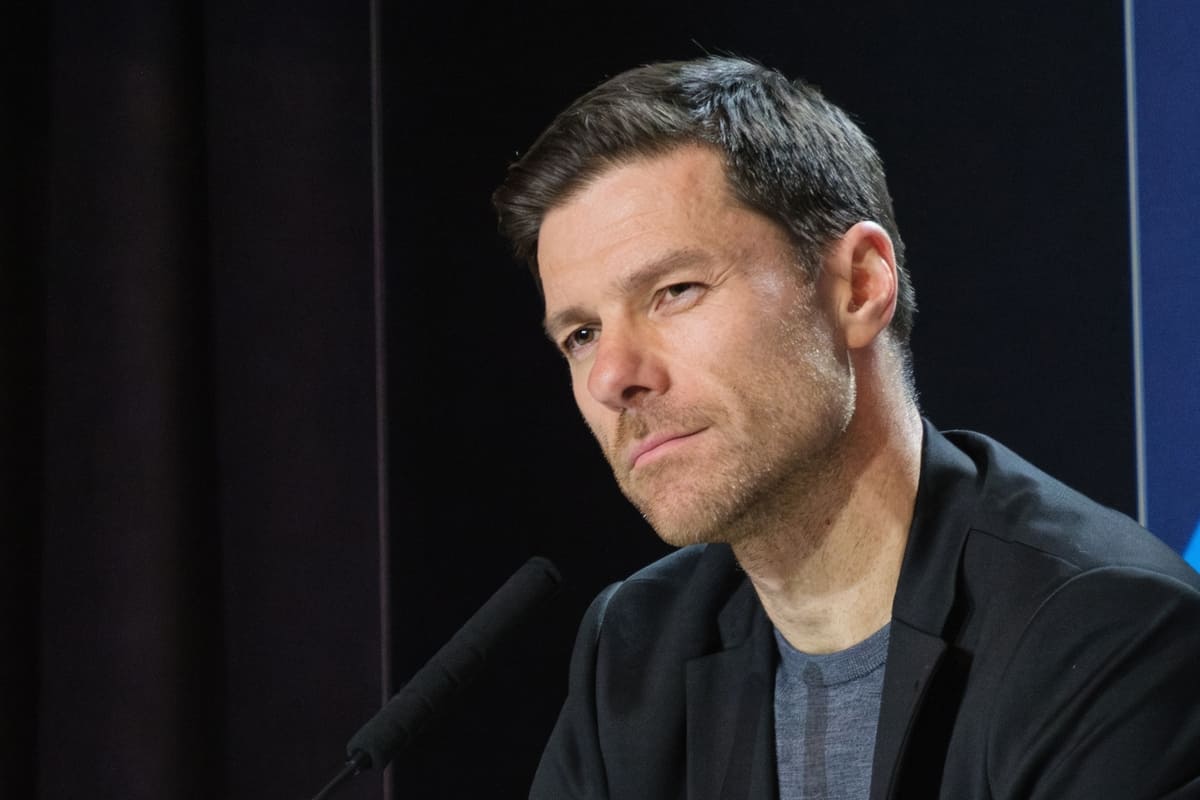Three years ago, Marta Cavalli was building up to the Giro d’Italia as one of the favourites, but in 2025, she’s returning from altitude to race the Tour de Suisse, searching for her top level with PicnicPostNL ahead of her home Grand Tour.
It’s been a long road for Cavalli since she suffered a serious injury at the Tour de France Femmes in 2022, after finishing second at that aforementioned Giro, with more subsequent crashes and confidence issues ever since, seeing her fall away from the top prospect she once was.
In Switzerland, she’ll start as one of the outsiders for the GC, with Demi Vollering (FDJ-Suez) and Kasia Niewiadoma-Phinney (Canyon-SRAM zondacrypto) listed as favourites, and is hoping to see the improvements from altitude.
“It wasn’t the first time I went [to Teide], but last year it was a different context, where I was recovering from an injury,” Cavalli told bici.Pro.
“Personally, I struggled at the beginning, as always, but in the last few days I felt my legs were different. The first three-hour outings seemed endless, but I finished the last training sessions well, with good sensations.
“I’m racing the Tour de Suisse and we’ll see what feedback I get, without having set myself any goals. Afterwards, I’ll focus on the Italian championships and the Giro d’Italia Women. I’ve really counted on this camp. Usually in the second part of the season, I do better, so I hope to reap the benefits soon.”
Her last few weeks have been spent up at Mount Teide on Tenerife, training with Pfeiffer Georgi, Francesca Barale and three riders from the men’s team. Speaking to bici.Pro, Cavalli gave detailed insight into the experience and avoiding the possible monotony of altitude camp.
Cavalli highlighted how the riders sleep above 2,200m above sea level, make daily reports in consultation with team staff, and try to simulate race situations with speed work.
“It is always special to train on Teide. The first few days must be lived calmly, trying to adapt,” said Cavalli. “On Teide, everything is accentuated; it is therefore necessary to give constant and daily feedback.
“We always consulted with the coaches, trainers, nutritionist and other staff. Everything is under control, and we have not had any mental stress from that point of view.”
With such a long time away from the outside world, in the bubble of training, eating and sleeping to try and improve your capacity ahead of the big goals, Cavalli assured that the issue of monotony was not a big one, with the rapid descents on the volcano keeping the riders focused.
It should become apparent how Cavalli has responded to the stimulus, with a tricky Tour de Suisse route offering up four days of undulating racing between Gstaad and Küssnacht.
She’ll then reassess before trying to replicate what she managed at the Giro three years ago, back when her wins at Amstel Gold Race and La Flèche Wallonne also saw her rise to becoming one of the top riders in the sport.
Subscribe to Cyclingnews and gear up for the Tour de France Femmes with unlimited access to our coverage of the Tour de Suisse Women – including breaking news, analysis and more from every stage as it happens. Find out more.
